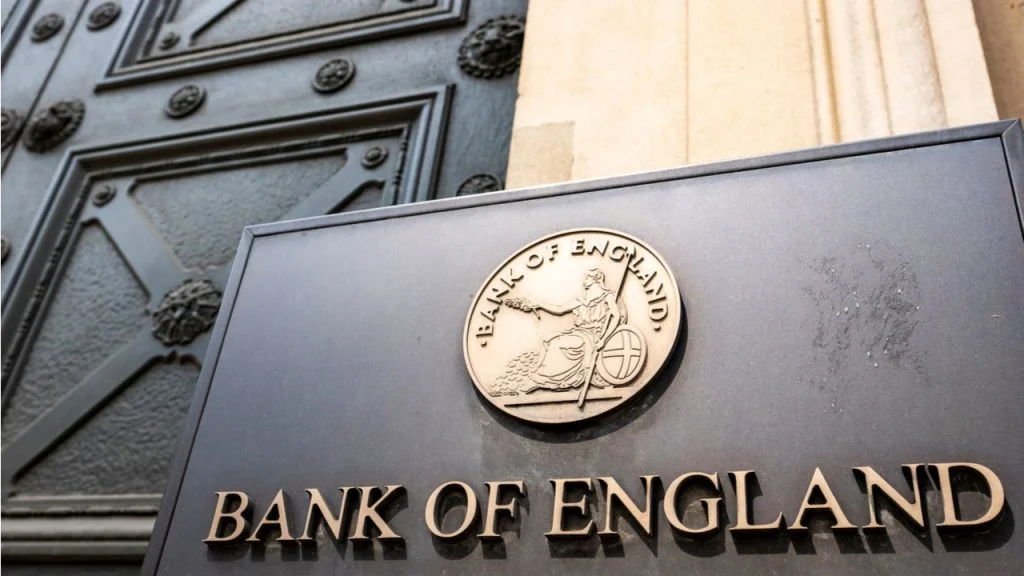The Bank of England has signed an agreement on a 12-month Central Bank Digital Currency (CBDC) research project with the Massachusetts Institute of Technology (MIT) Media Lab Digital Currency Initiative.

The new project, according to the bank, is just for research reasons and will not result in the development of an operational CBDC.
The Bank of England researches CBDCs
The Bank of England began researching CBDC in 2020 and issued a discussion paper in March of that year, to which the DCI responded with a discussion of how a CBDC may satisfy the report’s goals.
Last April, the bank and the Treasury formed an exploratory task group to look into the subject. The bank’s most recent CBDC discussion paper was released on Thursday.
The House of Lords Economic Affairs Committee, for example, expressed mixed feelings about a potential digital pound early this year, citing “advantages on the speed of settlement and cheaper and faster cross-border payments,” as well as “challenges for financial stability and the protection of privacy.”
The Bank of England has joined the Federal Reserve Bank of Boston and the Bank of Canada as CBDC research partners at the DCI, the project’s creator. Last Monday, the Bank of Canada announced a year-long engagement with the DCI, while the Boston Fed will begin working with the DCI in 2020.
However, MIT is far from alone in this sector. CBDCs are currently being researched in around 60 nations, with about 15 pilot projects active, including China’s own digital yuan.
Project Dunbar, run by the Bank of International Settlements Innovation Hub, included Australia, Malaysia, Singapore, and South Africa. Nigeria and the Bahamas have already launched their CBDCs, with Jamaica following suit in the coming quarter.
